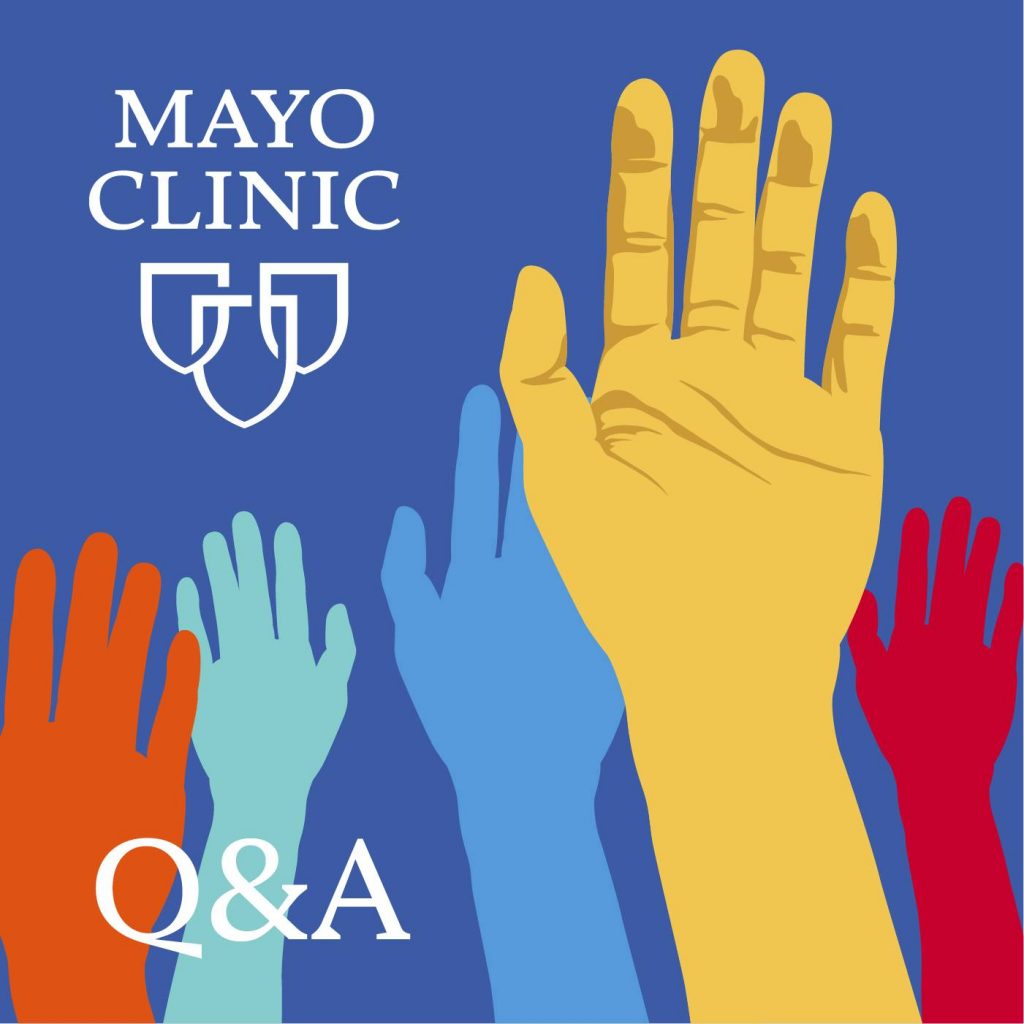
Eating disorders are complex medical issues, and the COVID-19 pandemic has created additional challenges for people who battle these disorders. For some, being home with constant access to food is difficult. For others, the lack of social support is a struggle.
Now isolation and stress are contributing to an increased risk of people developing eating disorders.
In this Mayo Clinic Q&A podcast, Dr. Leslie Sim, a Mayo Clinic psychologist, addresses eating disorders during the COVID-19 pandemic.
Information in this post was accurate at the time of its posting. Due to the fluid nature of the COVID-19 pandemic, scientific understanding, along with guidelines and recommendations, may have changed since the original publication date.
For more information and all your COVID-19 coverage, go to the Mayo Clinic News Network and mayoclinic.org.








